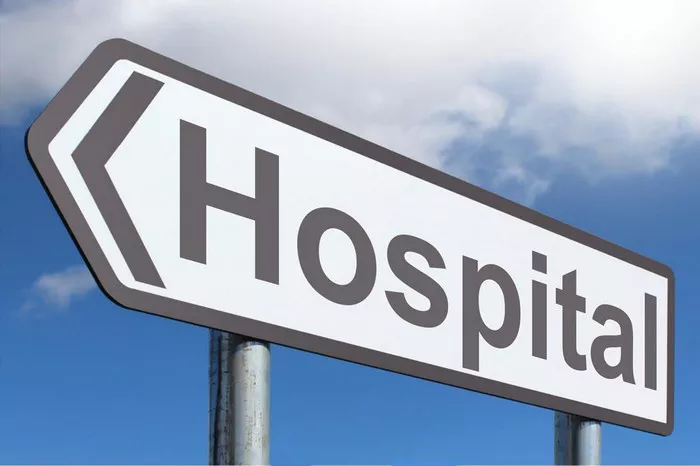The nation’s healthcare system is grappling with ongoing intravenous (IV) fluid shortages, exacerbated by recent hurricane damage. Hospitals and dialysis centers across the U.S. are feeling the strain, as critical supplies like saline and sterile water for injection are becoming increasingly difficult to obtain.
In late September, Hurricane Helene caused significant flooding in Marion, North Carolina, shutting down a key manufacturing plant owned by Baxter International. This facility, one of the largest suppliers of IV fluids in the U.S., plays a crucial role in producing lifesaving products for medical providers. The disruption has triggered a nationwide ripple effect, increasing pressure on already limited IV fluid supplies.
To mitigate the shortage, the U.S. Food and Drug Administration (FDA) has stepped in, authorizing the temporary importation of 19 IV fluid products from international sources, including Canada, China, Ireland, and the U.K. This action aims to prevent a worsening crisis, as many hospitals fear running out of these essential medical supplies.
“We will spare no resource—human or financial—to restart operations and ensure patients and providers have the products they need,” said José Almeida, CEO of Baxter International. While Baxter works to reopen its North Carolina facility in phases, the company is also limiting the quantity of IV fluids its customers can purchase to prevent hoarding and ensure fair distribution across the country.
Despite the challenges, there’s hope on the horizon. Baxter is targeting a return to near-normal supply levels for certain IV fluids by the end of the year. In the meantime, the company has increased production at its other manufacturing sites to bridge the gap.
In a further blow to the already fragile IV fluid supply chain, Hurricane Milton forced the closure of a second key factory earlier this week. The B. Braun facility in Daytona Beach, Florida, had to temporarily shut its doors, though fortunately, the plant sustained minimal damage. According to company spokesperson Allison Longenhagen, the factory will reopen by Friday, allowing production to resume quickly.
“We’re thankful to our employees who stayed onsite during the storm to keep us updated,” Longenhagen noted. “While many workers are still without power, there have been no reported injuries, and we’ll resume operations soon.”
Before the hurricane hit, B. Braun worked proactively with the federal government to relocate 60 truckloads of IV fluids to a safe location, ensuring these vital medical supplies stayed out of the storm’s path.
So far, the FDA has not declared any new IV fluid shortages following the hurricanes, but six products, including a commonly used saline solution, have remained on the agency’s shortage list since 2018. The situation highlights the ongoing vulnerability of the healthcare supply chain in the face of natural disasters.
As manufacturers and federal agencies continue to collaborate, there’s cautious optimism that IV fluid production will stabilize. The priority is clear: ensuring that patients and healthcare providers have access to the lifesaving products they need, regardless of the challenges posed by weather events.
Read more:
IV Fluid Shortage Forces U.S. Hospitals To Postpone Elective Surgeries
Rwanda Battles Marburg Virus Outbreak: Over 50 Cases Reported, Who Responds
Whooping Cough Infections Surge By Over 340%: Experts Urge Vaccination


